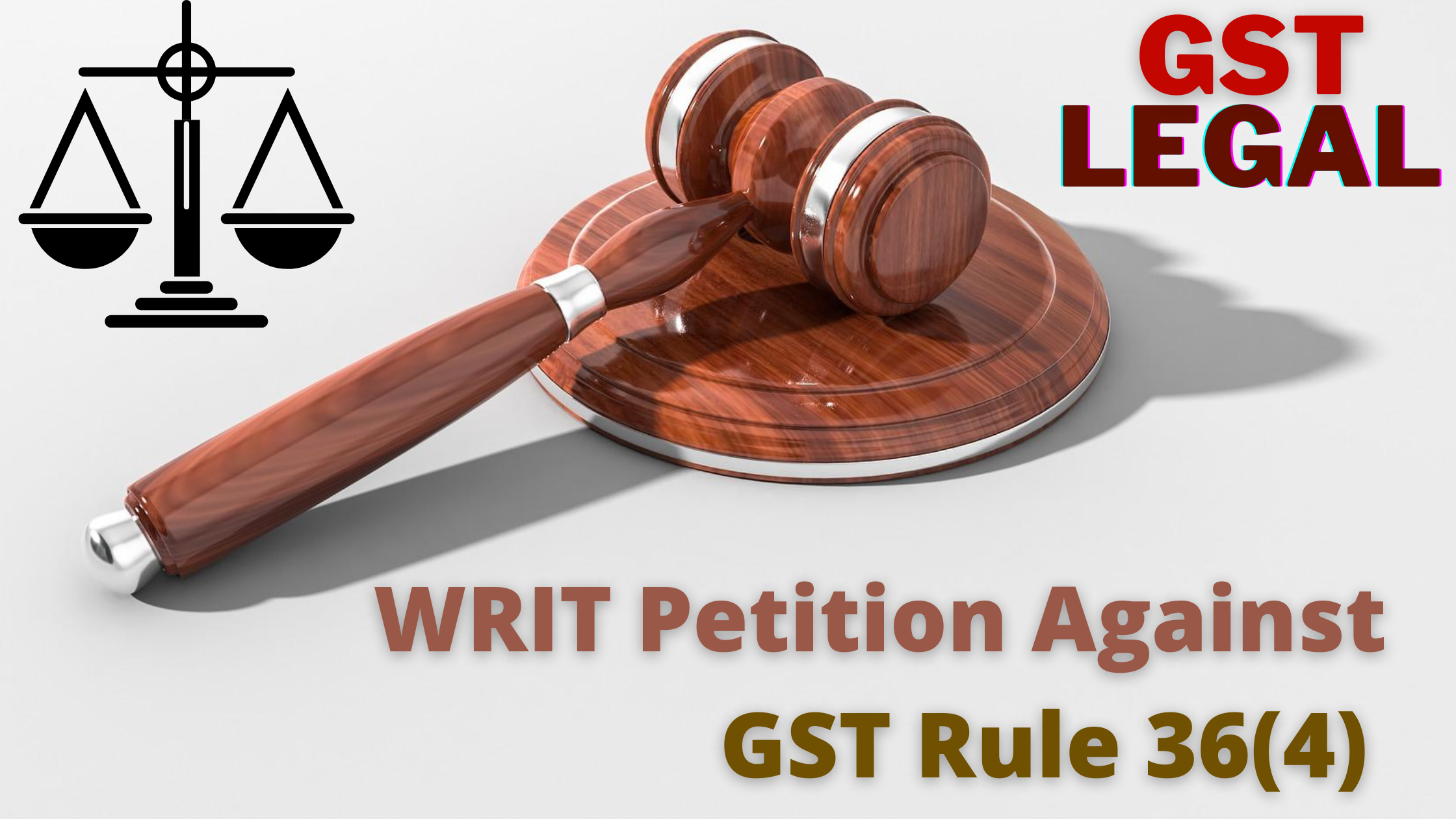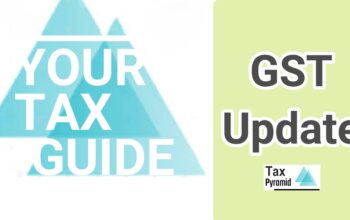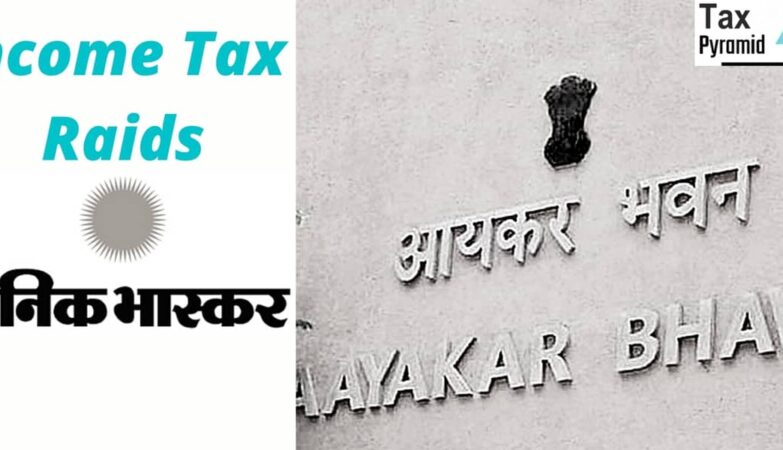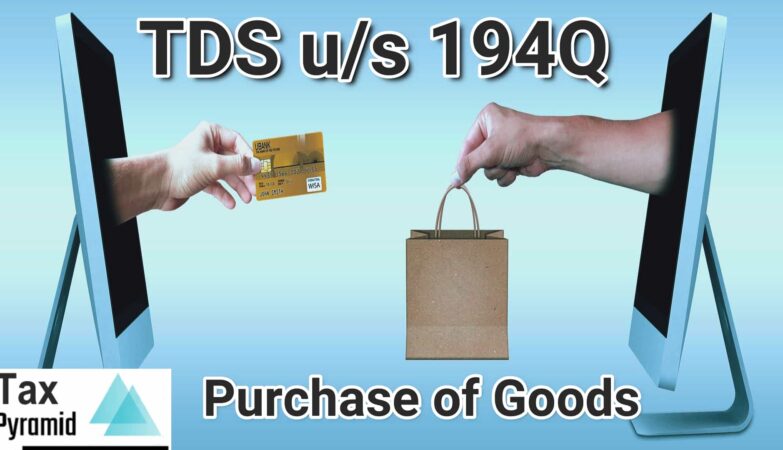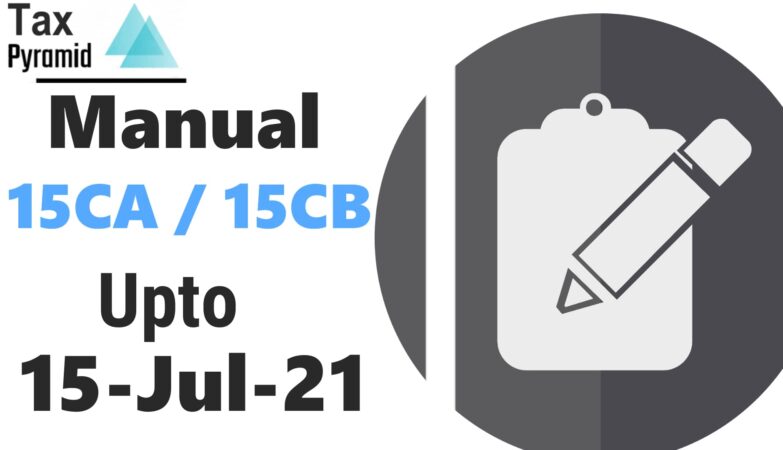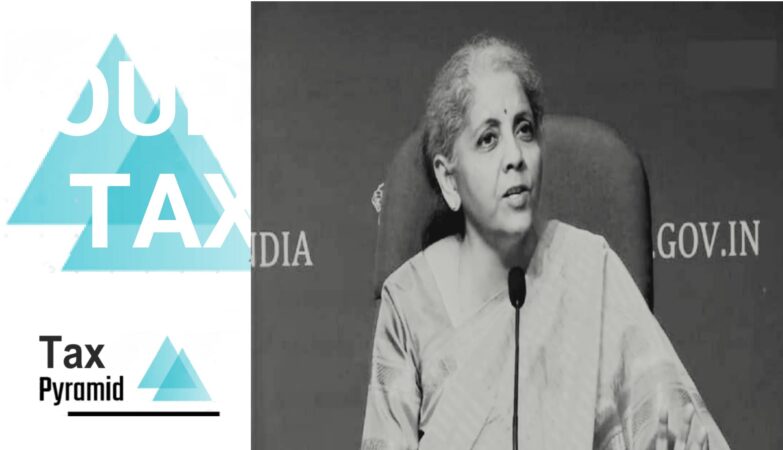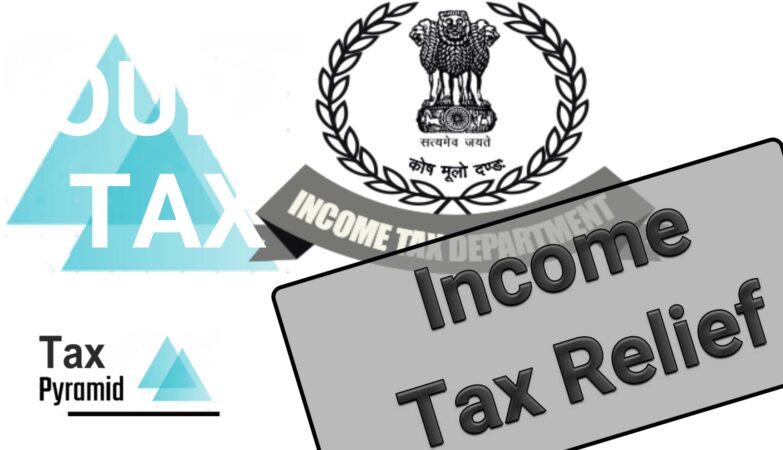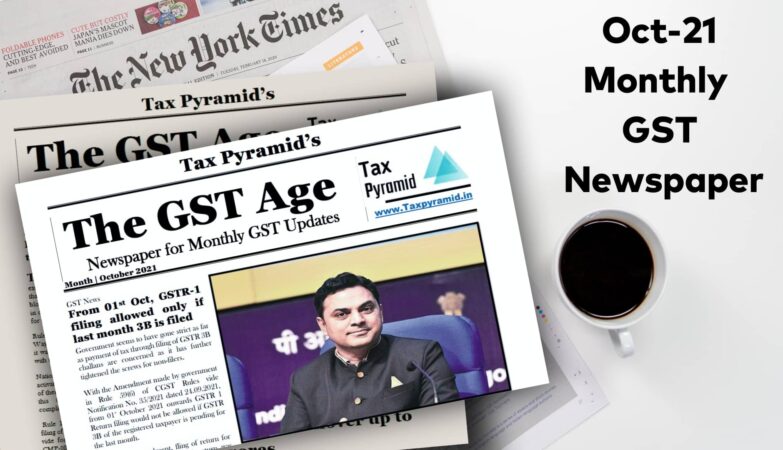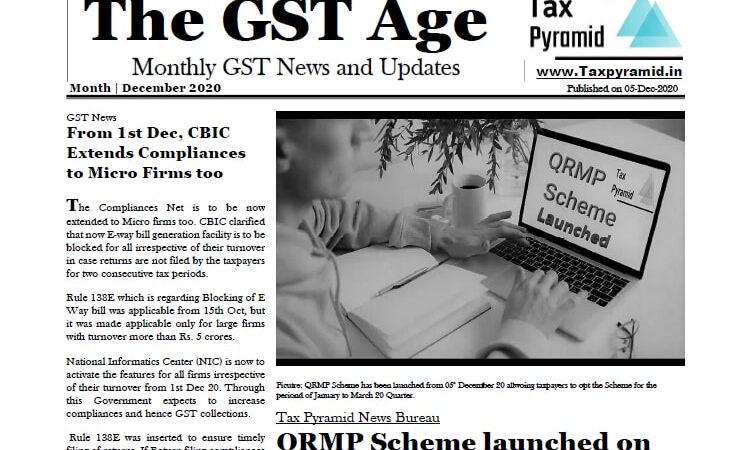Rule 36(4) of CGST Rules 2017 has been challenged in the recently filed writ petition on 05th August 2019 at Rajasthan High Court by Gr Infra projects Limited. Vide the writ petition, submission has been made that Rule 36(4) is ultra vires to Section 38(1) and Section 42(1) of CGST Act 2017.
As per Rule 36(4) of CGST Rules, Input tax credit claimed against the invoices not uploaded by the supplier shall not exceed 10% of the eligible input tax credit which is claimed against those invoices which are uploaded on GST portal. It means that ITC against those invoices which are not appearing in the GSTR 2A cannot exceed 10% of the ITC against the invoices which are appearing in GSTR 2A.
This Rule 36(4) has been strongly opposed by the businesses since the time of introduction. It has been said that it is the receiver of goods and services who has to bear the brunt of the default of the supplier who has not uploaded the invoice. The receiver despite having proper GST invoice and making the full payment is still denied the credit through this Rule.
Section 38(1) of CGST Act provides that in case of supplies which are not declared by the supplier in his own return, such supplies can be included by the receiver while providing details of the inward supplies.
Section 42(1) of CGST Act is regarding the matching of the inward supplies submitted by receiver with that of the outward supplies provided by supplier in their respective returns. Though, the matching concept as well the GSTR 2A (return for inward supplies) both have still not been made applicable in GST regime.
It means that as per the provisions of Sec 38(1) and Sec 42(1), receiver of supplies would fill the details of even those invoices also which are not uploaded by the supplier and would claim the credit against all the invoices irrespective of the fact whether the same were uploaded on GST portal by the supplier or not. Thus, he would not be straight away denied ITC against those invoices. Intimation of unmatched invoices were to be sent to the supplier and he was to be answerable for those invoices not uploaded by him. Reversal of credit would have taken place when supplier doesn’t take any action against the discrepancies of the unmatched invoices in his return. This probably indicating that the invoices don’t pertain to the supplier hence obvious reversal of credit provision was there.
While Rule 36(4) straight away limits the credit against invoices which are not uploaded by supplier to 10% of the eligible ITC and denying the balance ITC. Thereby putting the burden of non-compliance of supplier to the shoulders of the receiver.
Now since the matter has come up in front of Rajasthan High Court, it would be interesting to see what are judiciary views regarding this hugely discussed Rule 36(4).

